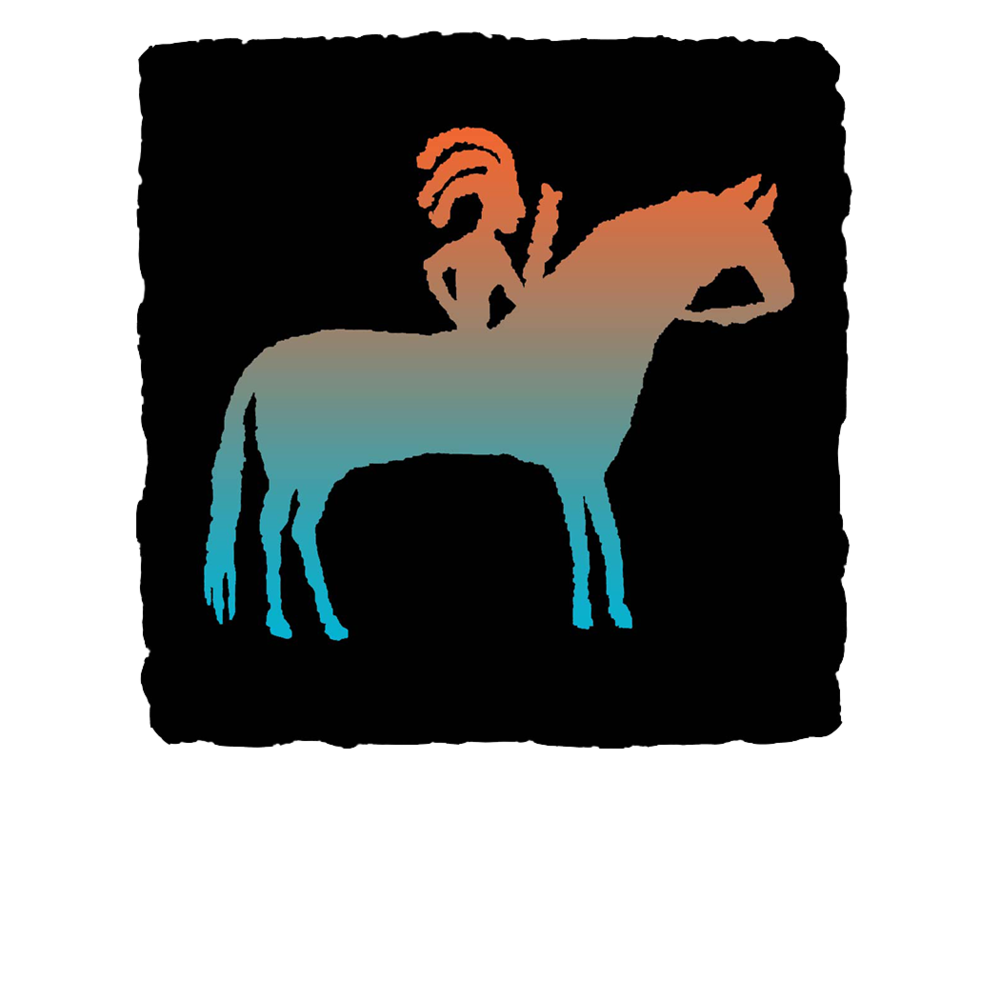Program helps educators accurately teach Native American content in classrooms
A group of educators gathered around a canoe display at the Grand Portage State Park welcome center. Rick Novitsky, who used to be the park manager, began telling a story about how the Grand Portage band of Chippewa turned this land on the banks of the Pigeon River and the Canadian border from private property into reservation land and a state park.
“It’s become the destination that it always was — now for tens and thousands of visitors every summer and winter,” Novitsky said, “It’s the only state park in Minnesota that is not on state land.”
He spoke to more than 50 teachers from district schools, charters, colleges and K-12. They’d come from around Minnesota to spend a week training on the northernmost tip of Minnesota, next to Lake Superior, learning the history and present-day work of the Grand Portage Band of Chippewa.
By Elizabeth Shockman
Rick Novitsky talks about how Grand Portage State Park came to be on June 29 at the Grand Portage State Park Welcome Center near Grand Portage, Minn. Novitsky was instrumental in the founding of the park and has held numerous roles over the years at the park and within the Grand Portage Band of Lake Superior Chippewa.

